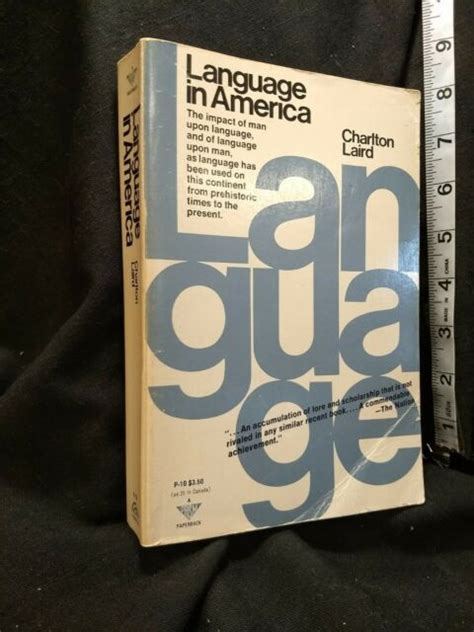Цитата Альфреда Норта Уайтхеда
Алгебра обращает относительную важность факторов в обычном языке. По сути, это письменный язык, и он стремится в своих письменных структурах проиллюстрировать образцы, которые он должен передать. Рисунок знаков на бумаге — это частный случай рисунка, который нужно передать мысли. Алгебраический метод является нашим лучшим подходом к выражению необходимости, поскольку он сводит случайность к призрачному характеру реальной переменной.
Темы цитат
Связанные цитаты
Мы думаем только посредством слов. Языки — это настоящие аналитические методы. Алгебра, приспособленная к своей цели во всех видах выражения самым простым, точным и наилучшим образом, является в то же время языком и аналитическим методом. Искусство рассуждения есть не что иное, как хорошо организованный язык.
Короче говоря, ни один паттерн не является изолированным объектом. Каждый паттерн может существовать в мире только в той мере, в какой он поддерживается другими паттернами: более крупными паттернами, в которые он встроен, паттернами того же размера, которые его окружают, и более мелкими паттернами, которые в него встроены.
Философия [природа] написана в той великой книге, которая всегда находится перед нашими глазами, — я имею в виду вселенную, — но мы не сможем понять ее, если сначала не выучим язык и не усвоим символы, которыми она написана. Книга написана математическим языком, а символы — треугольники, окружности и другие геометрические фигуры, без помощи которых невозможно понять в ней ни одного слова; без которого напрасно блуждаешь по темному лабиринту.
Двигаются ли структуры языка и структуры реальности (под которыми я подразумеваю то, что происходит на самом деле) по параллельным линиям? Остается ли действительность по существу вне языка, обособленной, застывшей, чуждой, не поддающейся описанию? Разве невозможно точное и живое соответствие между тем, что есть, и нашим восприятием этого? Или дело в том, что мы вынуждены использовать язык только для того, чтобы затемнять и искажать действительность — искажать то, что происходит, — потому что мы боимся этого?
Поэзия не может быть переведена; и, следовательно, именно поэты сохраняют языки; ибо мы не стали бы утруждать себя изучением языка, если бы все, что на нем написано, было бы так же хорошо переведено. Но так как красота поэзии не может быть сохранена ни на каком языке, кроме того, на котором она была первоначально написана, мы изучаем этот язык.
Было бы наивно полагать, что любой анализ опыта зависит от паттерна, выраженного в языке. Любое понятие, независимо от того, входит оно в систему грамматических категорий или нет, может быть передано в любом языке. Если в данном ряду отсутствует какое-либо понятие, то это означает иную конфигурацию, а не отсутствие выразительной силы.
Определенно были сцены, с которыми я боролся больше, чем с другими: автомобильная авария и гроза — вот две вещи, которые приходят на ум. Трудно писать о грозе. Есть так много способов описать это, и наш словарный запас очень ограничен. А сцена автокатастрофы требовала напряжённости, маниакальности, которую нужно было передать языком, диалогами и действиями персонажа. Я редактировал эти сцены задолго до того, как решил, что с ними покончено.






































